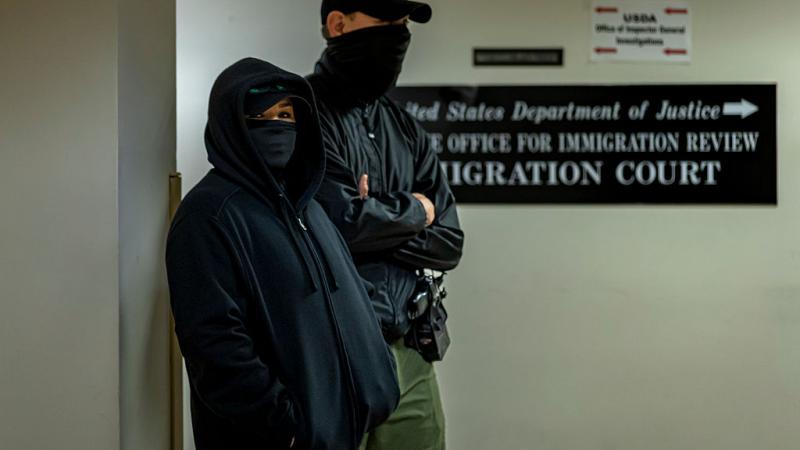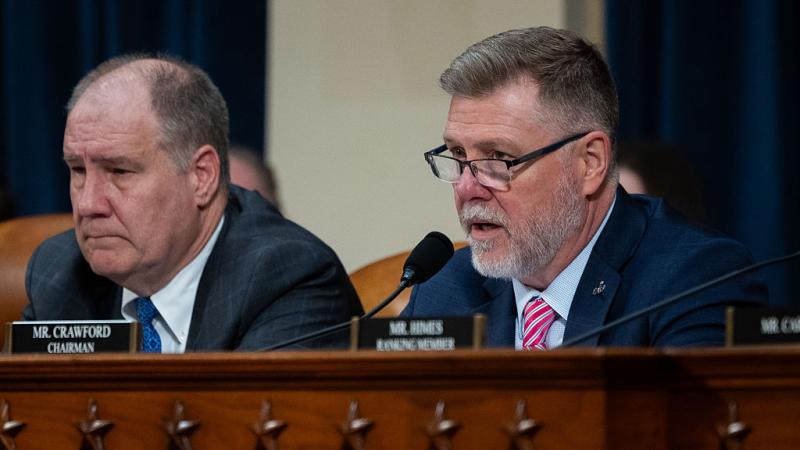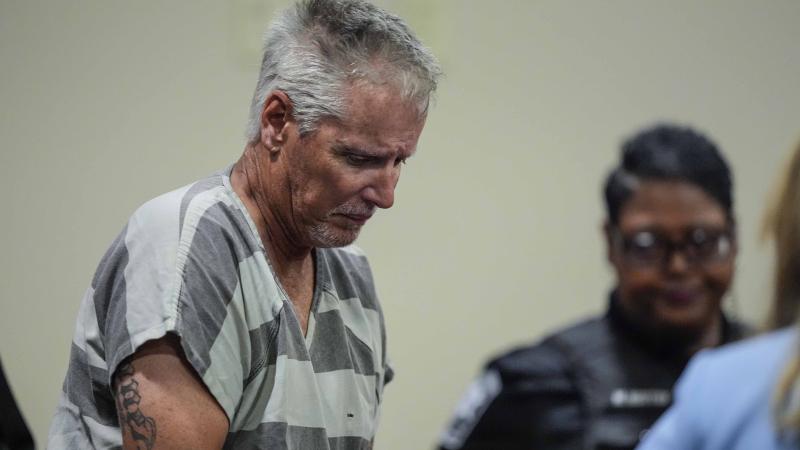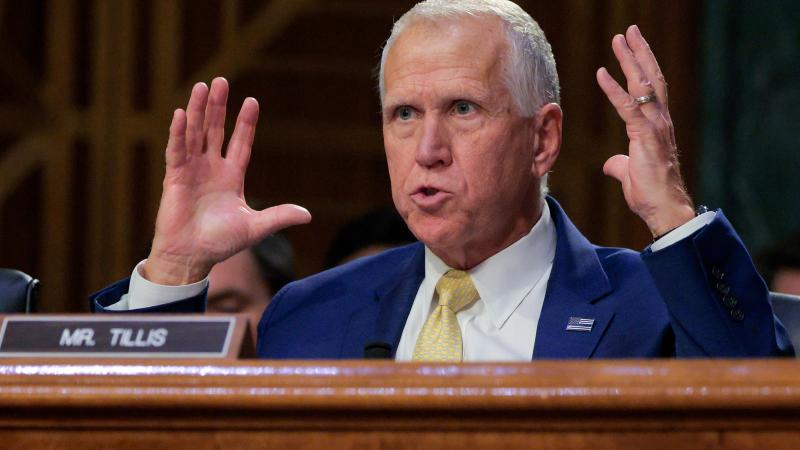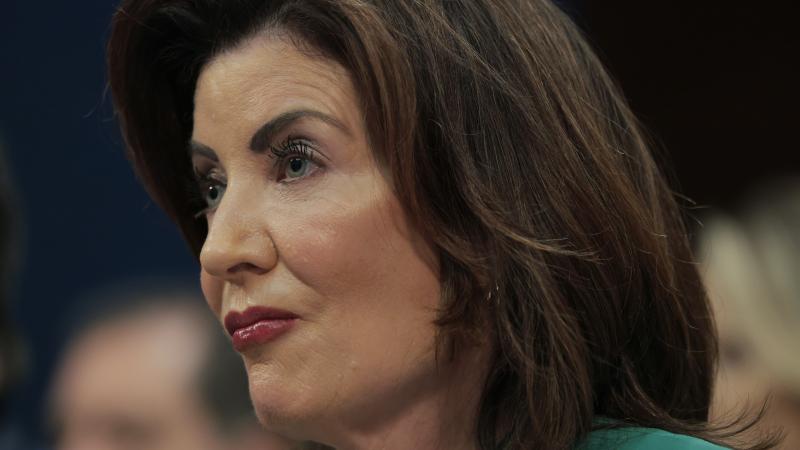Campus debate on 'transgenderism' creates turmoil and potential lawsuit over university response
Free speech attorneys sent a letter this week to University of Pittsburgh officials defending the organizers of a transgender issues debate that ignited a campus protest earlier this year.
Free speech attorneys sent a letter this week to University of Pittsburgh officials defending the organizers of a transgender issues debate that ignited a campus protest earlier this year.
Philip Sechler, senior counsel for the Alliance Defending Freedom – a non-profit legal firm that litigates issues related to free speech, religious freedom, parental rights, and abortion – said the university demanded an unconstitutional security fee from College Republicans and the Intercollegiate Studies Institute for public unrest that officials themselves provoked.
“Given the University’s incitement, it is no wonder an angry mob of hundreds assembled on campus to shut down the April 18 event with unlawful, violent behavior,” Sechler said. “In response, Pitt police were wholly ineffective.”
Jared Stonesifer, a university spokesman told The Center Square that officials had received the letter and are "carefully reviewing it."
"Given that this letter was only recently received along with an implicit threat of legal action, the university is not in a position to comment about these specific assertions and allegations," he said.
The debate between Michael Knowles and Brad Polumbo on the topic, “Should Transgenderism Be Regulated by Law?” was one of three events hosted by conservative groups at the university that were hotly contested among students and faculty for weeks, The Center Square previously reported.
First, it was decided that the Institute would only be responsible for around $2,000 in security costs for the debate, and according to the letter, the university would “provide all house personnel necessary for the event.”
Six days prior to the event, however, that request by the university jumped to $16,925. On April 19th, the day after the debate between Knowles and Polumbo, yet another increase to security fees was requested, bringing the total amount to $18,734.
On June 1, the university requested that the Institute “process this transfer very soon.”
The alliance said policies behind security fees are subjective and vague and weren’t billed to organizers for other “expressive events” on campus. Further, administrators wield “unbridled discretion” to set the rates as they see fit.
According to the letter, the university demanded prompt payment despite “deliberate fomenting unrest designed to shut down the event” and “failing to control the riotous crowd and instead urging termination of the event before it even concluded.”
The alliance points to a March 10 press release issued by the university calling the debate between Knowles and Polumbo “toxic and hurtful for many people in our university community.”
In a second press release published on March 16, University of Pittsburgh Provost Ann Cudd described a speech from Knowles earlier in the year that used “repugnant” and “hate-filled rhetoric.” The alliance claims that a professor “condemned” the event and urged the university to cancel it.
“And by circulating such provocative comments throughout the Pitt community, including its suggestion that students react to Mr. Knowles’ ‘unwelcome presence on campus,’ the University was at the very least encouraging others to take action to suppress speech it disfavored,” Sechler said.
Protestors’ havoc cut the debate short, preventing a contractually required Q&A session and meet and greet with Knowles from happening. Smoke bombs were thrown and an effigy of Knowles was burned.
Polumbo, the Knowles’s opponent debate, feared the violence. In an article published by Newsweek, Polumbo writes that he “was quite literally there to defend trans rights, yet I couldn't help but express my frustration at these naive activists who sought to shut down debate rather than engage in it.”
Polumbo was the third option to face Knowles, after the first – Deidre McCloskey – pulled out of the debate and the second – Charlotte Clymer – declined.
The alliance also admonished the university’s decision “not to intervene against or arrest any of the rioters, choosing instead to allow them to gather right next to the event so that they could threaten and assault the peaceful attendees.”
Instead of intervening to allow the debate to continue, the event was cut short because “the situation was ‘deteriorating.’”
In addition to compensation for the event cost and cancellation of the owed security fees, the alliance demands the university revise its policies for event contracts to “spell out all criteria” used to set security rates; ensure they “are not prohibitively expensive;” and “absolutely forbid fees based on expected listener reaction and the content and viewpoint of speech.”

